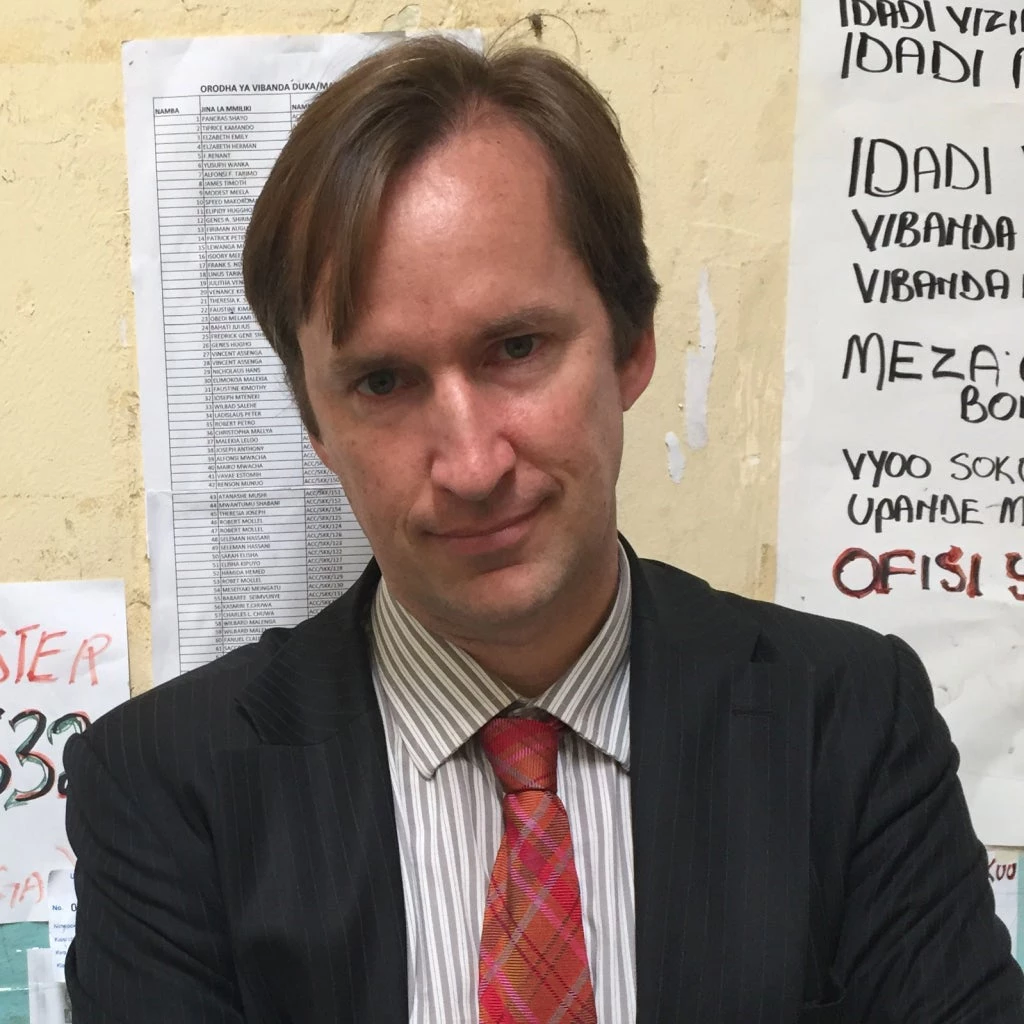
Over the past twenty years, Sub-Saharan Africa has grown at an impressive rate, roughly 4.3% per year. Growth may slow to 4% in 2015, but then moderately pick up in 2016. Poverty has been falling from 57% to 48% between 1990 and 2010, although there is still much room for improvement. Despite this, conflict and subsequent fragility have been an ongoing thorn in the side of African development. In 2014 alone there were more than 4,500 clashes between armed groups and more than 4,000 instances of armed violence against civilians. Even in the absence of active conflicts, many countries carry the scars of violent struggles from the past as they seek to grow.
What causes conflict? How can conflicts be effectively avoided and interrupted? How does conflict affect trade, education, health, and infrastructure? What is the role of the state and of international partners in all this?
These questions are made particularly difficult to answer because a whole range of factors that cause conflict are also affected by conflict. Policymakers and analysts alike are faced with a chicken-and-egg problem: How does trade liberalization reduce conflict? But at the same time, how do plans for trade change based on the fear of future conflict? Which is causing which?
To grapple with these questions, more than one hundred people will gather next week at the second Annual Bank Conference on Africa (ABCA) to present and discuss the latest research on conflict and fragility in Africa. The papers range broadly, examining the relationship between conflict and extractive institutions, fiscal policy, educational and health investments, psychology, trade, internal displacement, and more. Researchers will present innovations in measurement in the context of conflict, as well as evidence on the role the international community needs to play in mitigating conflict. These two days represent a significant sample of the latest research in economics and political science on conflict and fragility across Africa.
The conference will open on Monday June 8 with opening remarks from Makhtar Diop, the World Bank Vice President for Africa and a keynote address from Berkeley professor Ted Miguel, whose work on this topic ranges from measuring the impact of economic downturns on conflict across Africa to the impact of climate change on conflict. The conference is jointly sponsored by the Center for Effective Global Action at the University of California, Berkeley, and the World Bank.
If you can’t make it to ABCA, don’t worry. You can follow the agenda to hear the keynote address and a selection of panels which will be streamed live, those taking place in Berkley’s Banatao Auditorium. You can also find all the papers that will be discussed on the conference site. The event will be live tweeted with the hashtag #ABCA. And after the conference, several researchers will also be writing about their work here at the Africa Can blog, so stay tuned.


Join the Conversation